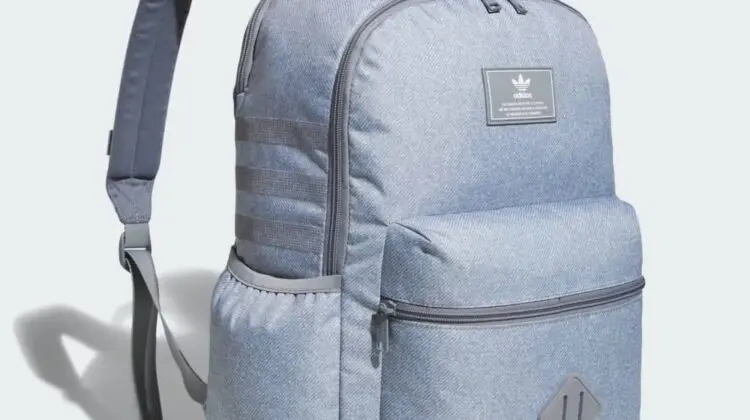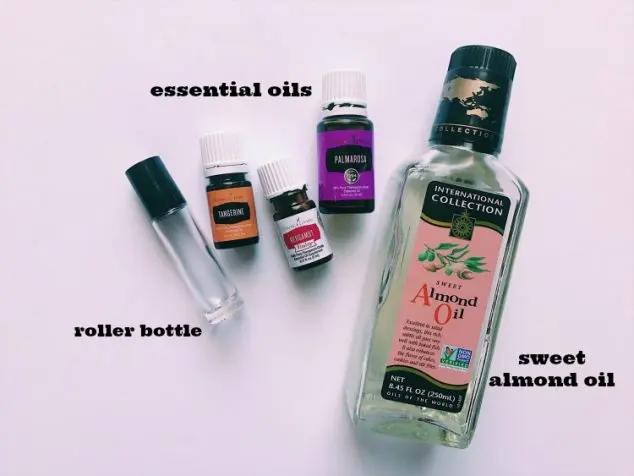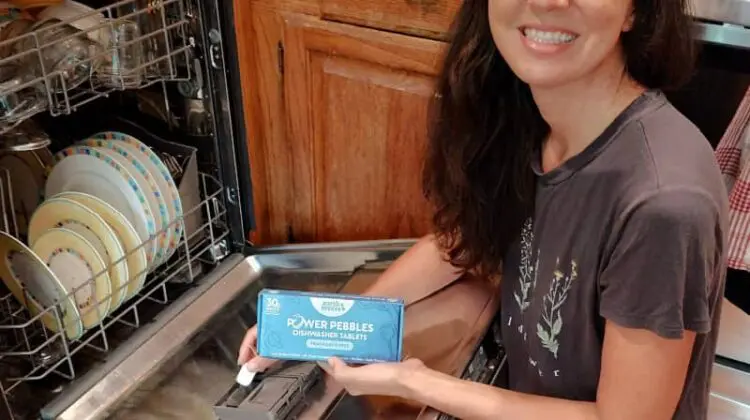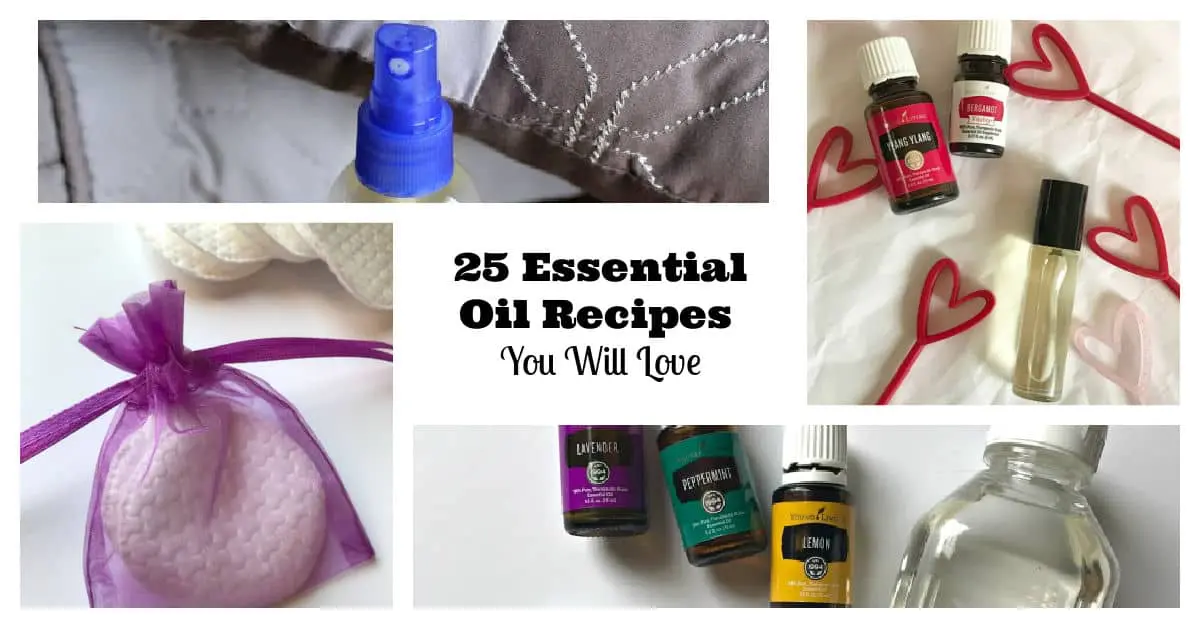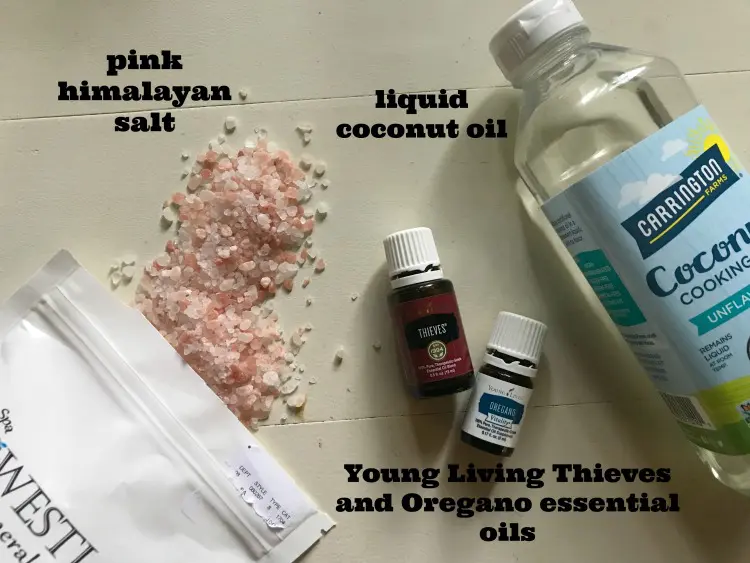Everyone is getting on the GO GREEN bandwagon and I’m the first to applaud this initiative. After all, it’s in our best interests to reduce waste and decrease our dependence on scarce natural resources. With back to school on everyone’s mind, I’ve put together a list of eco-friendly school supplies to help parents with going […]
Green Living
Green living ideas, eco friendly cleaning tips, eco friendly home ideas, and going green tips for the eco-friendly family and eco friendly kids.
How To Make Happy Essential Oil Blend Roller Bottles
I love making homemade aromatherapy essential oil blends using my Young Living essential oils! There are so many great combinations to make and having them in essential oil roller bottles makes using your essential oils really easy. Just roll them on! This “Be Happy” roller blend recipe a is a powerful, mood lifting blend that […]
How To Save Water At Home
Believe it or not, there are a number of things that you can do inside your home in respects to water in order to save water while conserving energy as well. Plus, you’ll be helping the environment! Green living is taking the world by storm and more and more individuals are beginning to see the […]
25 Essential Oil Recipes That Will Rock Your World
Essential oils are oils that are obtained from plant material such as the leaves, stems, flowers, bark, or roots most frequently through steam distillation. Each essential oil offers not only the aroma of that plant but also the medicinal value of that plant. There are many potential applications and health benefits of essential oils as well […]
Revitalize Your Feet: The Ultimate Foot Soak Recipe Revealed
We are big fans of naturally boosting our immune systems when we can. One of my favorite ways to relax and boost my immune system is with a homemade foot soak. I’ll be sharing the perfect DIY foot soak recipe today. The two essential oils that I add to the foot soak are a crucial […]
Orange DIY Sugar Lip Scrub Recipe
Are your lips in need of a little extra tender loving care? We’ve got just the solution for you. Imagine a lip care hack that not only exfoliates away dead skin cells, but also hydrates your lips, leaving them plump and youthful. You can achieve smooth and healthy lips with our DIY lip scrub. We’ll […]
Expert Tips To Shop Sustainably
Sustainable shopping is more than just a trend—it’s a conscious choice to support a healthier planet and a more ethical economy. By choosing eco-friendly products, reducing waste, and supporting brands that prioritize fair labor and environmental responsibility, consumers can make a meaningful impact with every purchase. Whether you’re buying clothing, groceries, or household goods, sustainable […]

